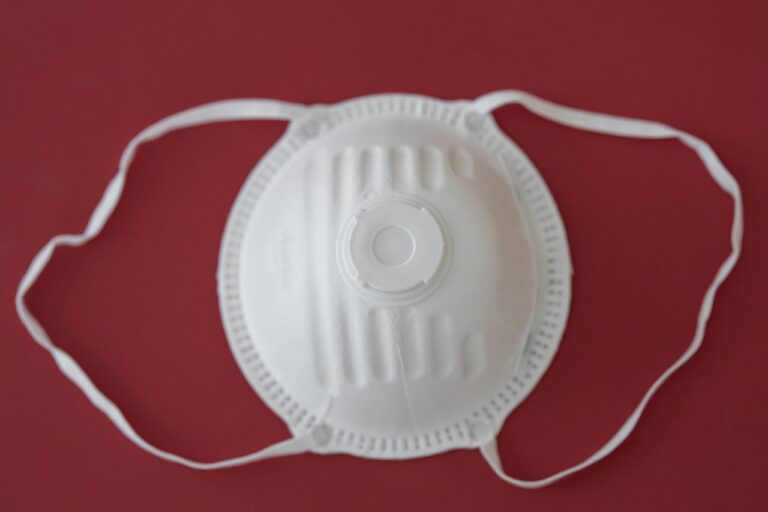The Role of Health Literacy in Disease Prevention
Health literacy plays a crucial role in disease prevention by empowering individuals to make informed decisions about their health. When individuals possess the knowledge and skills to understand health information, they are better equipped to engage in healthy behaviors and take proactive measures to prevent diseases. This includes recognizing early warning signs, seeking timely medical care, and adhering to preventive strategies recommended by healthcare providers. In essence, health literacy serves as a powerful tool in promoting proactive approaches to safeguarding one’s health and well-being.
Moreover, individuals with higher levels of health literacy are more likely to adopt healthy lifestyles and adhere to preventive measures such as vaccinations, screenings, and regular check-ups. By understanding the importance of preventive healthcare practices and being able to navigate the complexities of the healthcare system, individuals can significantly reduce their risk of developing chronic conditions and diseases. This highlights the pivotal role of health literacy in shaping behaviors and attitudes towards disease prevention, ultimately contributing to improved health outcomes and overall well-being.
Identifying the Key Components of Health Literacy
Health literacy encompasses various essential components that play a crucial role in enabling individuals to make informed health decisions. One key component is the ability to understand basic health information and services, including interpreting labels on medications or comprehending health education materials. Without this fundamental understanding, individuals may struggle to navigate the complex healthcare system, which can hinder their ability to prevent and manage diseases effectively.
Another vital component of health literacy is the skill of critically evaluating health information for accuracy and relevance. In today’s digital age, where information is readily available and often conflicting, being able to discern trustworthy sources and reliable data is essential. This critical thinking skill empowers individuals to make informed choices about their health, ensuring they receive appropriate care and interventions to maintain their well-being.
Recognizing the Link Between Health Literacy and Health Outcomes
Health literacy plays a crucial role in determining health outcomes. Individuals with higher health literacy are more likely to engage in preventive health measures such as regular screenings, vaccinations, and healthy lifestyle choices. This leads to a reduction in the prevalence of various diseases and contributes to overall better health outcomes for the population.
Moreover, individuals with better health literacy are able to effectively navigate the healthcare system, understand medical instructions, and make informed decisions about their health. This empowers patients to actively participate in their own care, follow treatment plans accurately, and communicate effectively with healthcare providers. As a result, higher levels of health literacy are associated with improved management of chronic conditions, decreased hospitalizations, and ultimately better health outcomes overall.





